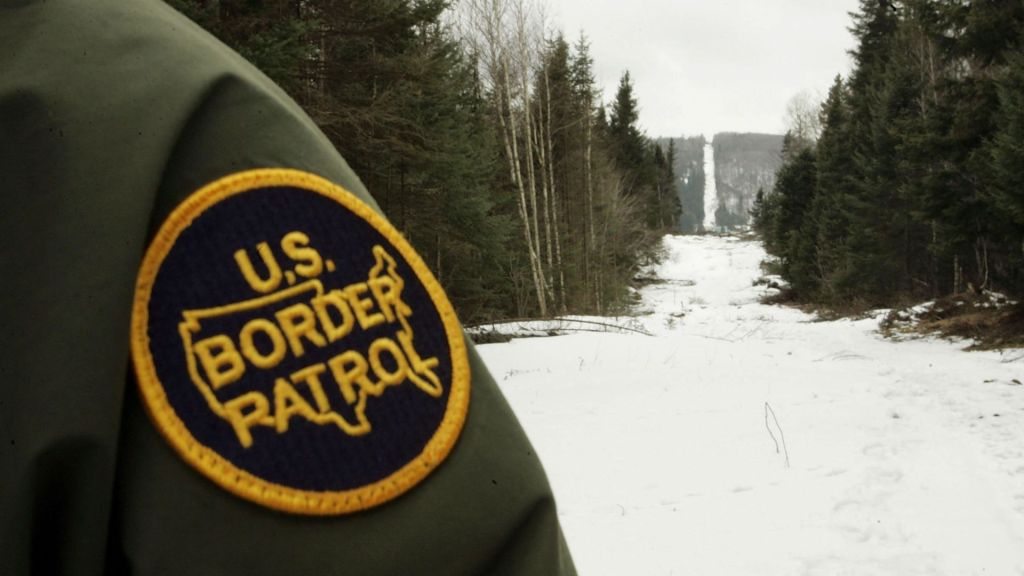
[KENNEDY FELTON]
Christie’s—one of the world’s most prestigious auction houses—is set to make history with its first-ever AI-generated art auction. But not everyone is celebrating; thousands of artists are pushing back, calling the sale an endorsement of unethical practices in the digital art world.
The upcoming “Augmented Intelligence” auction is set to begin February 20th online with an exhibition featured in New York. Pieces up for auction are estimated to be valued between $10,000 to $250,000.
However, more than 3,700 people have signed an open letter to Christie’s Vice President and Manager of Digital Art Sales, urging them to cancel the auction, saying: “Many of the artworks you plan to auction were created using AI models that are known to be trained on copyrighted work without a license. These models, and the companies behind them, exploit human artists, using their work without permission or payment to build commercial AI products that compete with them.”
The collection features work from various AI artists, including the late Harold Cohen, a pioneer in computer-generated art. Cohen developed AARON in the 1970s, one of the first programs capable of creating art autonomously.
Christie’s defends the auction, saying many of the featured artists use AI as a collaborative tool, not as a shortcut. Their Digital Art Manager, Sebastian Sanchez, says: “AI art is so fascinating, because you see artists bending the technology to their will. They’re putting restraints in place, building parameters, and then letting AI run free within those boundaries.”
Another artist featured in the auction, Mat Dryhurst, tells The Guardian: “It is not illegal to use any model to create artwork. I resent that an important debate that should be focused on companies and state policy is being focused on artists grappling with the technology of our time.”
Dryhurst was also one of the first digital artists invited to explore OpenAI’s text-to-image generation tool, DALL-E.
But the controversy around AI is bigger than just the art world. Last year, Hollywood writers penned a letter to major studios calling on them to combat plagiarism in AI usage.
And in the music industry, more than 200 artists including Billie Eilish and Nicki Minaj signed a letter last April calling for protections against the “predatory use of AI” in music.
Meanwhile, tech giants like OpenAI and MidJourney have experienced legal disputes concerning the use of copyrighted materials in training their AI models. In 2023, a group of artists filed a class action lawsuit against Stability AI, MidJourney, and DeviantArt, alleging the companies used billions of images from the internet without obtaining consent from the original creators. Last year, a federal judge allowed the artists to move forward with certain copyright claims against the companies.
For now, Christie’s auction remains on schedule, but the conversation around AI and creativity is far from over. While some industries are pushing back, others are embracing AI and working to set standards for its use.











